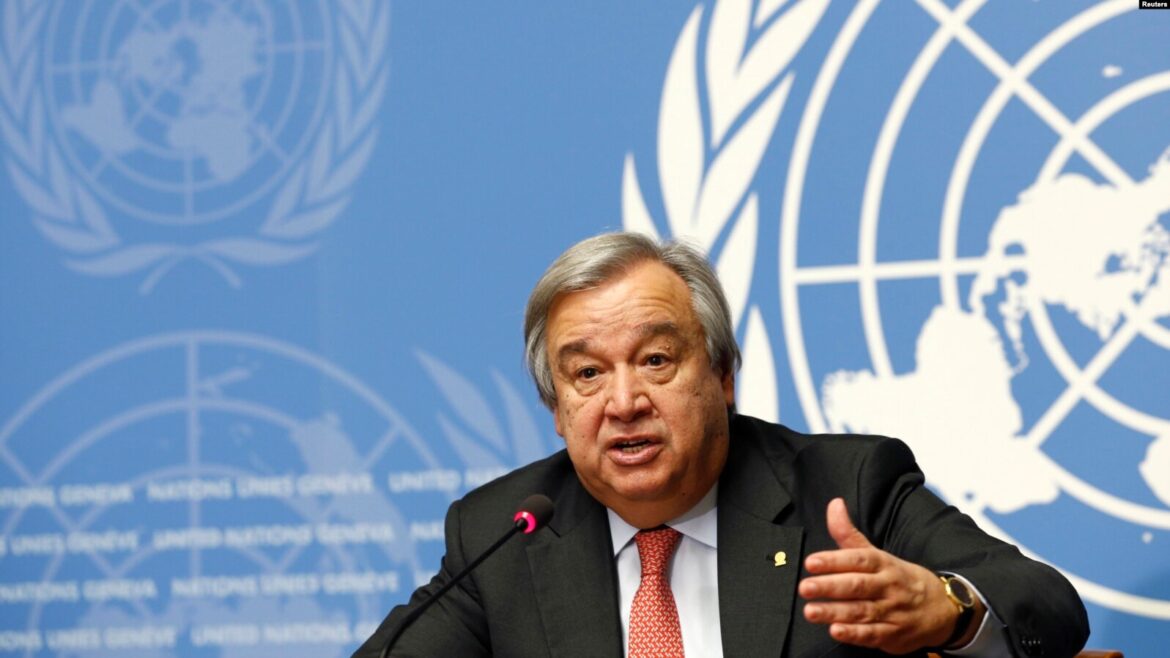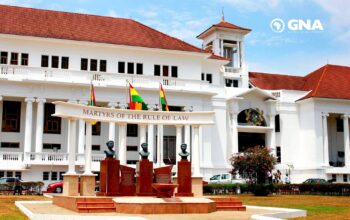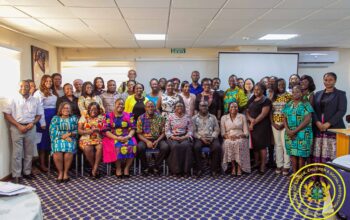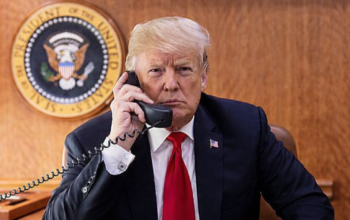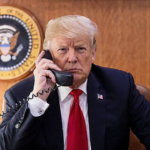In a developing controversy, UN Secretary-General António Guterres is under scrutiny for his silence regarding Francesca Albanese, a U.N. special rapporteur accused of making antisemitic remarks. Albanese, who is set to present her latest report titled “Genocide as Colonial Erasure” before the U.N. General Assembly’s Third Committee, has ignited backlash for her views on Israel and the Jewish people. The U.S. government has expressed disapproval of her statements, amplifying calls for Guterres to take a stand against what critics label as hate speech.
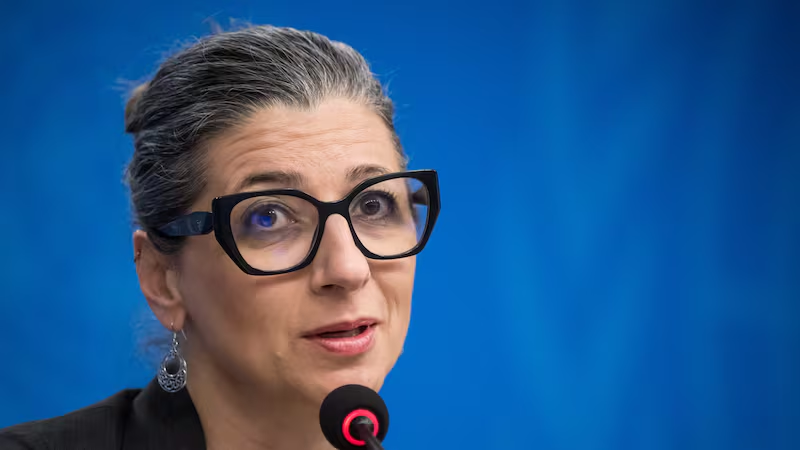
Albanese’s report has circulated widely, drawing sharp criticism from various quarters, including Anne Bayefsky, president of Human Rights Voices. Bayefsky characterizes the report as an “unhinged rant” that falsely depicts Jewish people as colonizers engaged in a genocidal campaign. This portrayal has raised alarms among those concerned about rising antisemitism, with Israeli Ambassador Danny Danon asserting that Albanese’s bias undermines her role a s a rapporteur and poses a threat to educational environments.
Despite the mounting pressure, Guterres remains non-committal. His deputy spokesperson, Farhan Haq, stated that Guterres does not typically comment on the actions of rapporteurs, insisting that he opposes antisemitism in any form. Critics, however, argue that the Secretary-General’s refusal to publicly denounce Albanese’s statements reflects a troubling pattern of enabling such rhetoric within the U.N. framework. As Bayefsky noted, Guterres could easily condemn Albanese’s conduct without breaching protocol.
The U.S. has not remained silent, with officials condemning Albanese’s remarks and asserting that she is unfit for her position. Statements from U.S. Ambassador Linda Thomas-Greenfield and others have highlighted a commitment to combatting antisemitism, further pressuring the U.N. to address Albanese’s conduct. Meanwhile, discussions about Albanese’s upcoming speaking engagements at prestigious U.S. colleges have raised concerns about the potential spread of her divisive rhetoric on American campuses.

As the situation unfolds, the intersection of free speech, hate speech, and institutional accountability remains a contentious topic. With Albanese’s college tour on the horizon, many are calling for the U.S. State Department to reconsider her visa status, emphasizing the need to protect Jewish communities from inflammatory discourse. The outcome of this controversy could set significant precedents regarding the responsibilities of U.N. officials and the extent of their influence beyond international platforms.

